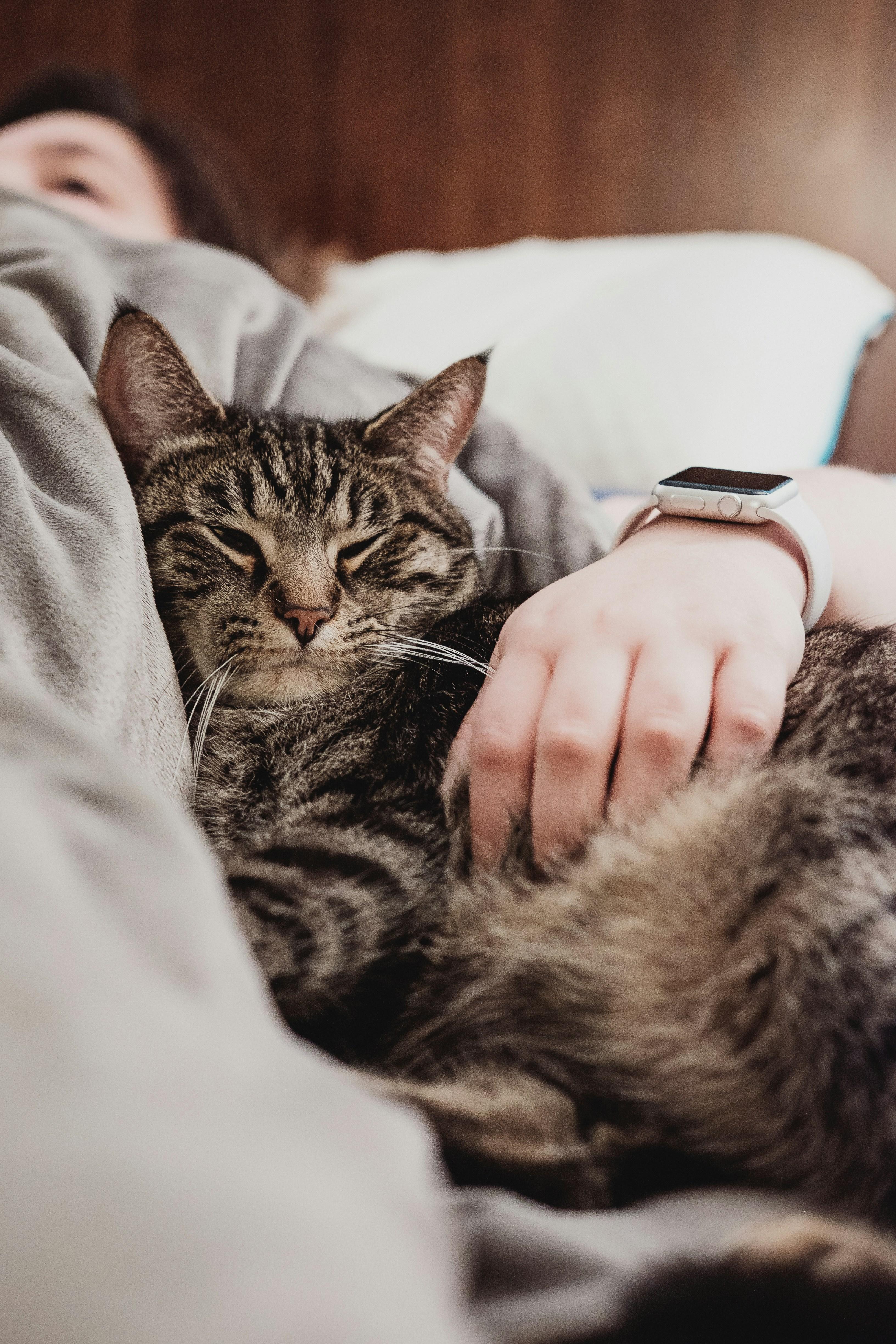Imagine coming home after a long day, greeted by the joyful wag of a tail or the gentle purr of a contented cat, only to find an unexpected mess on the floor. As a devoted pet parent, the sight of your furry friend’s vomit can stir up a whirlwind of emotions—concern, confusion, and maybe even a touch of panic. But before you let worry take the reins, take a deep breath. Pet vomiting is a common issue, and not every instance is a cause for alarm. In this article, we’ll guide you through the ins and outs of handling pet vomiting, helping you distinguish between harmless hiccups and red flags that signal it’s time to call the vet. Let’s embark on this journey together, transforming anxiety into action with warmth, wisdom, and a dash of love.
Recognizing the Signs: When Is Vomiting a Cause for Concern
While occasional vomiting in pets can be relatively harmless, it’s essential to know when it might indicate a more serious issue. Watch for these red flags:
- Frequency: Vomiting more than once or twice in a short period.
- Appearance: Presence of blood, bile, or an unusual color.
- Behavioral Changes: Lethargy, lack of appetite, or unusual hiding.
- Other Symptoms: Diarrhea, weight loss, or signs of pain.
If you notice any of these symptoms, it’s time to contact your veterinarian. Early intervention can make a significant difference in your pet’s health and well-being.

Home Remedies: Comforting Your Pet with Gentle Care
It’s heart-wrenching to see your furry friend feeling unwell, but there are gentle ways to provide comfort and care. Hydration is crucial; ensure your pet has access to fresh water and consider offering ice chips if they’re reluctant to drink. Ginger tea can be a soothing remedy—just make sure it’s cooled and given in small amounts.
- Bland diet: Serve small portions of plain boiled chicken and rice to ease their stomach.
- Rest and quiet: Create a cozy, calm space where your pet can relax undisturbed.
- Monitor symptoms: Keep an eye on any changes, noting the frequency and appearance of the vomit.
However, if vomiting persists for more than 24 hours, is accompanied by lethargy, or you notice blood, it’s time to seek veterinary advice immediately. Your pet’s health and comfort are paramount, and sometimes professional intervention is necessary to ensure their well-being.

When to Call the Vet: Identifying Serious Symptoms
It’s essential to recognize the signs that indicate your pet’s vomiting is more than just a minor issue. Some symptoms should prompt an immediate call to the vet. Look out for the following:
- Frequent Vomiting: If your pet vomits more than once or twice in a short period, it could be a sign of a serious problem.
- Blood in Vomit: Presence of blood, whether it’s fresh red or coffee-ground-like, is always a red flag.
- Lethargy and Weakness: If your pet seems unusually tired or weak, this could indicate a deeper health issue.
- Loss of Appetite: When vomiting is accompanied by a refusal to eat, it can signal a severe condition.
- Abdominal Pain: Watch for signs of discomfort or pain when touching your pet’s stomach.
- Dehydration: Symptoms such as dry gums, sunken eyes, or decreased skin elasticity should not be ignored.
These signs may indicate conditions ranging from gastrointestinal obstructions to infections or toxins. Early intervention can make all the difference in your pet’s recovery, so don’t hesitate to reach out to your veterinarian if you notice any of these alarming symptoms.

Preventive Measures: Keeping Your Furry Friend Healthy
Ensuring your pet stays in peak health can often prevent issues like vomiting. Here are some key measures to consider:
- Regular Vet Visits: Routine check-ups can catch potential health issues early, ensuring your pet remains in optimal condition.
- Balanced Diet: Providing a nutritious and balanced diet tailored to your pet’s specific needs can prevent digestive problems.
- Hydration: Always ensure your furry friend has access to fresh, clean water to keep them hydrated and help with digestion.
- Exercise: Regular physical activity is crucial for maintaining a healthy weight and promoting overall wellness.
- Parasite Prevention: Regularly check for and prevent parasites like fleas, ticks, and worms that can cause health issues.
By taking these preventive steps, you can significantly reduce the likelihood of your pet experiencing vomiting and other health problems, keeping them happy and healthy.


































